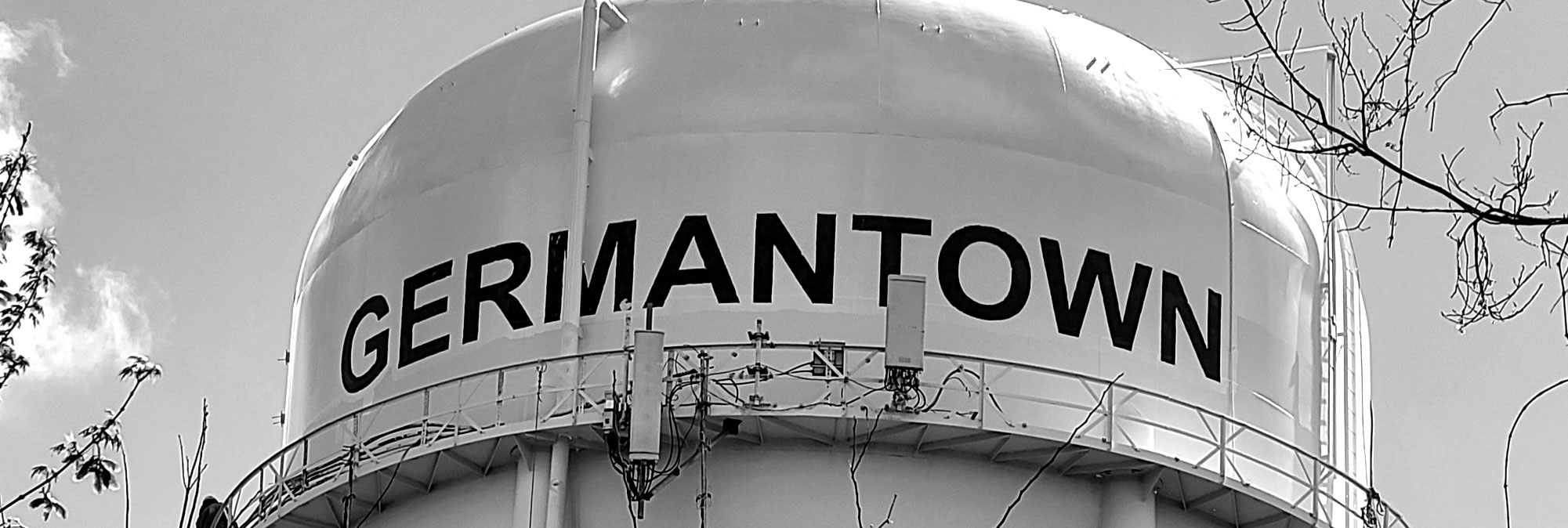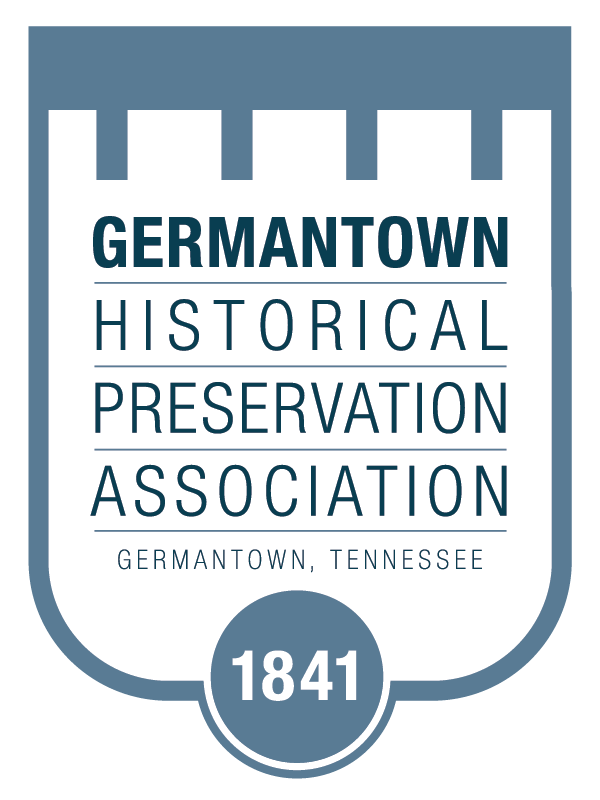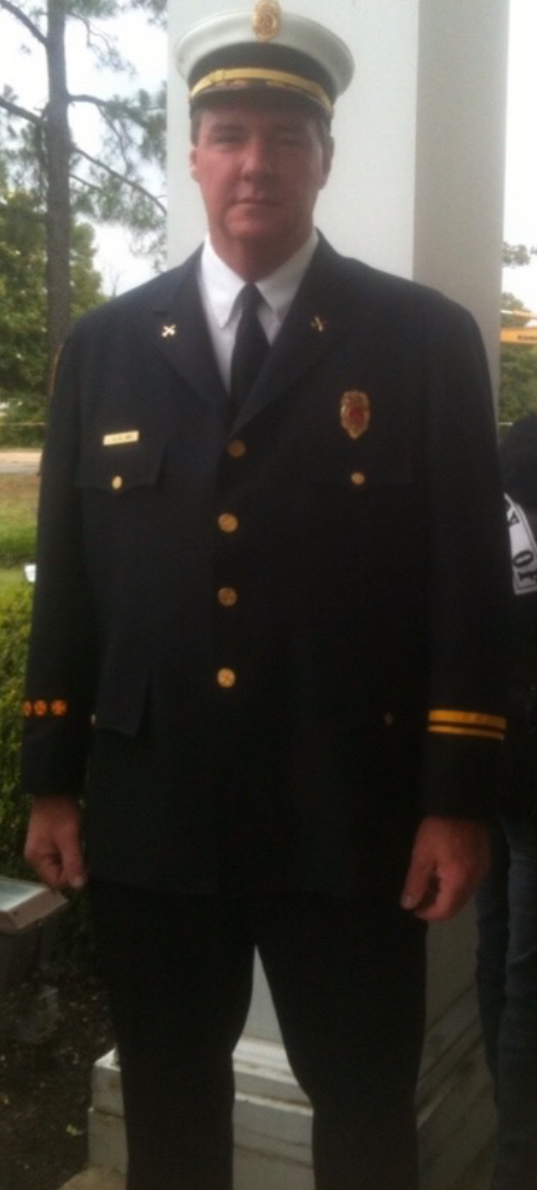
Allen Jones
By Andrew Pouncey
Allen Jones, son of James Allen Jones, Jr. and Hope Holland Jones was born May 29, 1960, in Winston Salem, North Carolina.
Allen’s father worked for Sears, which transferred him from North Carolina to South Carolina, Mississippi, and Georgia before coming to rest in Memphis. Still, he had a commute from time to time to Chicago from Memphis. Earlier his dad played scholarship baseball for the University of North Carolina Chapel Hill as a pitcher. He later went on to be a pitcher for the St. Louis Cardinals in the single, double and triple “A” club levels of the minor league.
Allen attended the University of Memphis for three years before transferring to Shelby State (now Southwest Community College), where he earned a degree in Paramedic and Emergency Medicine. He received his certificate as a Paramedic in 1982.
His time with the Fire Department actually goes back to 1975 with the high school program. At 15-years of age, he was a member of Filthy Phil’s (Fire Chief Phil McCall) Fire-fighting Fanatics. At the sound of the siren, they would ‘turn out’ of the high school, actually jumping out windows – they were supposed to check out through the principal’s office.
Allen was hired as a 40-hour/weeknight driver in January 1978. He went on to become full-time on January 1, 1979, to join the Germantown Fire Department ‘Full-time shift’ staff under Chief Phillip McCall and Charley Smith. Chief McCall, who drove a two-door, red Grand Torino, kept the students out of trouble, seeing that they received constant training. They would often go to other towns to train where satellite courses were offered. Students that had a hard time with a school subject would often be tutored by those who did well in that subject. Allen also attended the National Fire Academy in Emmitsburg, Md., learning more about staff, command, and control. Allen said that Chief McCall’s daughter, Beverly Hollingworth, was very influential in the growth of the firefighters. Chief McCall was like a second father to Allen and was considered a visionary for the department.
His career moved on from a Firefighter to being at one point the only firefighter/paramedic on his shift. He later became a driver, a lead firefighter (Lieutenant), and under Fire Chief John O’Bryan (1983-86) was promoted to Battalion Commander over one of the three shifts. A firefighter would be on 24 hours, off 24 hours, on 24 hours, off 24 hours, on 24 hours, off 24 hours, and then off 4 days.
Under Chief Smith positions were reclassified and Allen became a Battalion Chief over shift operations. He had provided B/C supervision on all three shifts over the course of his career with his last assignment on the “A” Shift. At one point under Chief Dennis Wolf, Allen served as Deputy Chief over all three shifts, as an operation’s Chief. Allen later during a re-organization requested to step down and go back to overseeing a respective shift as a Battalion Chief. Currently, the command structure places the Battalion Chiefs of “A, “B” and “C” shifts under the Assistant Chief who reports to Fire Chief John Selberg.
Allen credits Bobby Ilsley with saving his life. He, Donnie Anderson, and Ilsley were working a fire on the second floor of a residence when conditions became unbearable. Allen, on the nozzle, held the fire back so that Bobby and Donnie could follow the hose line to safety. That left Allen to fight the fire alone which quickly overcame him. He turned to follow the hose out of the room. When the door closed on the hose, he thought he had run into another wall. He stated, “when I started seeing my children’s faces in my vision, I thought this is it”. He eventually found that the door had not completely shut and was closed against the hose line so he was able to exit the room. While following the hose line, if Bobby Ilsley had not been sitting at the top of the stairs waiting for him, he would have taken a wrong turn, missed the stairs, and certainly perished in the fire. Together they tumbled down the stairwell. Once outside his helmet, air pack, and turn-out coat were burned from the fire. Allen was taken to the hospital where he recovered.
Allen credits Chief Phillip McCall for his guidance, leadership, and visionary approach setting the foundation and direction of the department to what it has become today. He also gives credit to Chief James Smith who brought creditability to a young department, at the time (1995), with city leadership. Fire Chief Dennis Wolf replaced Chief Smith and added to that creditability. Allen also wanted to commend Fire Chief John Selberg for his steadfast commitment to him and the department. The countless effort and hard work by all personnel are why the Germantown Fire Department today is rated by the Insurance Service Office (ISO) as a Class “1” department.
Allen is married to Tina Jones. He has a son, Westley, who works with the Germantown Fire Department as an apparatus driver and paramedic, and another son Chase who is a union pipefitter apprentice.

